Karma and Jnana in Sankara's Advaita Vedanta: A theological and Philosophical Interpretation
It is generally held that for Sankara, `Jnana marga' is the only way for Self-realization and that `Karma marga' has no salvific importance. It is this notion that this book proves it wrong! Sankara, while considering `Jnana' as the only means for salvation, never negates the importance and the obligatoriness of `Karma'. He rather recognizes twofold Vedic religion - religion of work and religion of renunciation of work (knowledge) as ordained by God. Though these two are distinct means which cannot be conjoined, meant for two distinct classes of the people - the path of works (rites) for the ignorant and the path of knowledge for the knowledgeable (the sannyasins), they are integrally related in the sense that works help people to climb the ladder of spirituality in order to attain purity of mind. Only those whose hearts are pure are eligible to tread the path of knowledge. So, these two means are complementing one another - `Karma yoga' leads to `jnana yoga' and `jnana' in turns leads to Self-realization. Thus, there is essential relationship between `Karma Yoga' and `Jnana Yoga' for Self-realization in Sankara Advaita Vedanta.
Get it now and save 10%
BECOME A MEMBER
-

Hindu Nationalism and the Indian Church: Towards an Ecclesiology in Conversation with Martin Luther
-
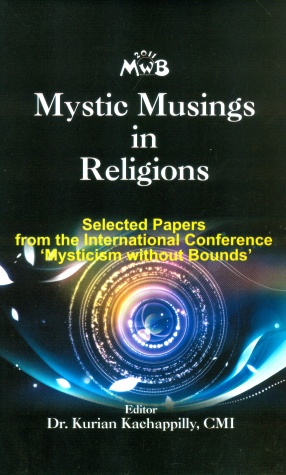
Mystic Musings in Religions: Selected Papers from the International Conference 'Mysticism without Bounds'
-
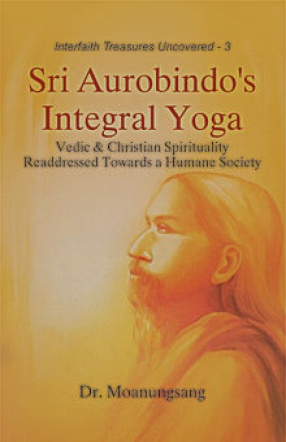
Sri Aurobindo's Integral Yoga: Vedic & Christian Spirituality Readdressed Towards a Humane Society
-

Advaita Vedanta Re-Explored Towards Ecological and Dalit Theology

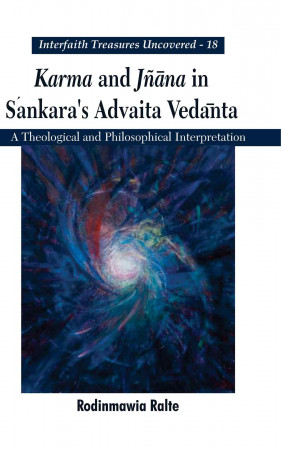





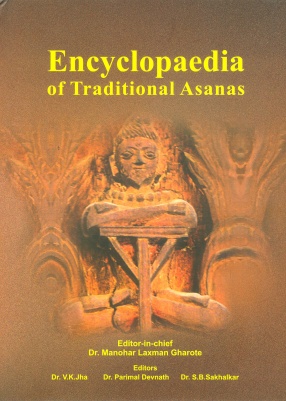
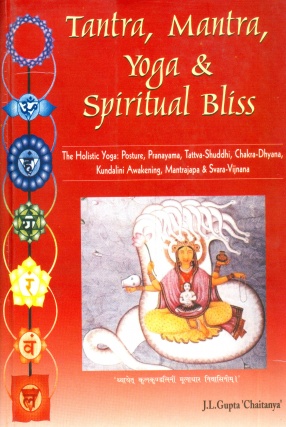

Bibliographic information